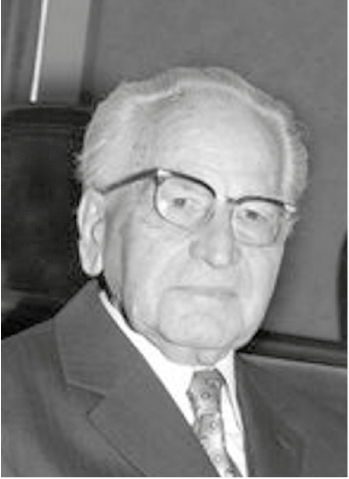The groups of workers, clerks and intelligentsia, that did not comply with the policies and ideology of the communist regime found themselves in opposition to the regime, which used various forms of persecution. The waves of persecution applied mainly to years 1948-1952, 1956-1962 and 1969-1975.
Every wave of persecutions was different in its goals, which were monitored by the communist regime. In 1948-1989, there were sanctions mainly for political and religious actions. There was a partial easing in 1963 and many people with opposition ideas resurfaced in 1968, when they actively took part in the reform process. They were also encouraged by the bill regarding out-of-court rehabilitation.
The occupation of Czechoslovakia on the 21 August 1968 by the armies of five countries of the Warsaw Pact, meant a major turnaround in the undertaking of the reform process. The fate of the institutions became part of normalization. The idea off mass inspections in the Communist Party, in state and economic apparatus and societal organizations took hold gradually after the appointment of new party leadership in April 1969.



